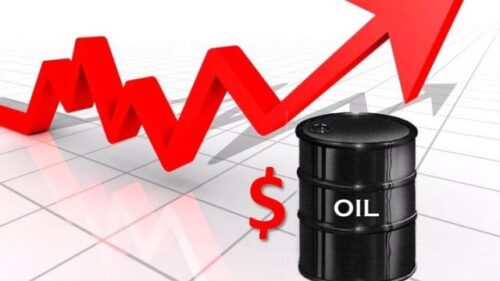Introduction
Market researchers at the Federal Reserve Bank Of Cleveland found that there is little correlation between the prices of oil and the stock market. However, analysts cannot recognise how stocks react to increasing oil prices. It is a commonly held belief that high oil costs straightforwardly and contrarily sway the U.S. economy and the stock market.
One area that is incredibly affected by the cost of oil is transportation, which depends on petrol fuel as a significant input.
Past Records
During the 1990s and mid-2000s, the United States was battling declining domestic oil creation and the subsequent need to import more oil. Wells in Texas and different districts were all the while creating, yet falling short of the mark regarding meeting growing energy demands. In the latter half of the 2000s, nonetheless, innovation permitted organizations to monetarily draw oil and gas from shale stores that were once thought to be exhausted because the expense of extraction would be unfeasible.
More prices per barrel of oil additionally assisted with justifying the expense of a hydraulically fractured well (otherwise called fracking). The United States is once again the top maker of oil and gas. Greater domestic oil production is rising for the United States. In any case, as an oil-creating nation (and in addition to an oil customer), the United States presently additionally feels an unpleasant pinch when oil costs drop. Indirectly, it affects the economy of the country.
Rise In Oil Is Not A Major Factor For Stock Sector
So why can’t Fed economists find a stronger connection between the stock market and oil costs? There are a few likely clarifications. The first and most clear is that other value factors in the economy, for example, wages, loan fees, modern metals, plastic, and computer technology can counterbalance changes in energy costs.
Another chance is that partnerships have become progressively sophisticated at reading future markets and are better ready to expect shifts in factor costs; a firm ought to have the option to switch production processes to make up for added fuel costs. A few financial analysts recommend that overall stock costs frequently ascend on the expectation of an increase in the amount of cash, which happens freely of oil costs.
A differentiation should be drawn between the essential drivers of oil costs and the drivers of corporate stock costs. Oil prices are entirely monitored by the supply and demand for petrol-based items. During a financial expansion, costs could ascend because of increased utilization; they could likewise fall because of increased creation.
Stock costs rise and fall in light of future corporate income reports, intrinsic values, investor risk tolerances and many different variables. Even though stock costs are ordinarily aggregated and lumped together, oil costs may significantly influence specific areas than they influence others.
In simpler words, the economy is too complex and composed of different elements that one commodity cannot predictably drive all business activity.
